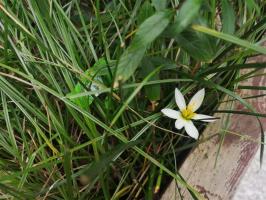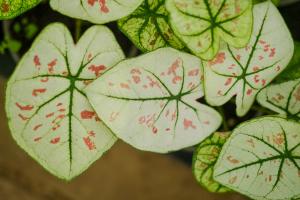Should I Save My Plastic Plant Pots for Next Year?
If you're an avid gardener, you've probably amassed quite a collection of plastic plant pots over the years. As you get ready to wrap up your gardening season and put your plants to bed for the winter, you may be wondering: should I save my plastic plant pots for next year?
The Pros of Saving Your Plastic Plant Pots
There are a few great reasons to hang onto those plastic plant pots for next year:
They're reusable. One of the main advantages of plastic plant pots is that they can be used again and again. By saving your pots, you'll save money and reduce waste.
They're handy. Having a supply of plastic plant pots on hand means you'll be all set for next year's planting season. You won't have to worry about running out of pots or scrambling to find replacements at the last minute.
They're versatile. Plastic plant pots come in all shapes and sizes, making them a versatile option for all kinds of plants. By saving your pots, you'll have a range of sizes to choose from for your next planting project.
The Cons of Saving Your Plastic Plant Pots
Of course, there are a few downsides to holding onto your plastic plant pots:
They can take up space. If you have a lot of plastic plant pots, you'll need to find a place to store them over the winter. This can be a challenge if you're short on storage space.
They can get dirty. Over time, your plastic plant pots may accumulate dirt, debris, or even mold. This can make them less-than-ideal for planting new plants, especially if you're concerned about disease or pests.
They can degrade. Plastic plant pots aren't indestructible. Over time, they can become brittle and crack, making them less effective for planting.
How to Store Your Plastic Plant Pots
If you've decided that you want to save your plastic plant pots for next year, there are a few steps you can take to ensure they stay in good condition:
Clean them thoroughly. Before you store your plastic plant pots, make sure to give them a good scrub to remove any dirt or debris. You can use a solution of water and dish soap, or a mixture of vinegar and water.
Dry them well. Once your plastic plant pots are clean, make sure to dry them thoroughly. Leaving them damp can encourage mold and mildew to develop.
Store them somewhere dry. To prevent your plastic plant pots from degrading, make sure to store them somewhere dry and cool, such as a garage or shed.
By following these tips, you can keep your plastic plant pots in good shape for next year's planting season.
When to Say Goodbye to Your Plastic Plant Pots
While plastic plant pots are reusable, there comes a time when it's best to say goodbye. Here are a few signs that it may be time to retire your plastic plant pots:
They're cracked or broken. If your plastic plant pots are cracked or broken, they're not going to be very useful for planting. It's better to recycle them and invest in new ones.
They're infected with disease or pests. If your plastic plant pots have been contaminated with disease or pests, it's best to get rid of them. Using contaminated pots can spread the problem to your new plants.
You have too many. If you've accumulated too many plastic plant pots and they're taking up valuable storage space, it may be time to pare down your collection. Consider donating some of your pots to a local garden center or community gardening project.
Conclusion
So, should you save your plastic plant pots for next year? The answer is: it depends. If you have the space to store them and they're in good condition, there's no reason not to save them for next year's planting season. However, if they're taking up too much space or have become damaged or contaminated, it may be time to recycle them and invest in new ones.

 how many times do yo...
how many times do yo... how many planted tre...
how many planted tre... how many pine trees ...
how many pine trees ... how many pecan trees...
how many pecan trees... how many plants comp...
how many plants comp... how many plants can ...
how many plants can ... how many plants and ...
how many plants and ... how many pepper plan...
how many pepper plan...





























